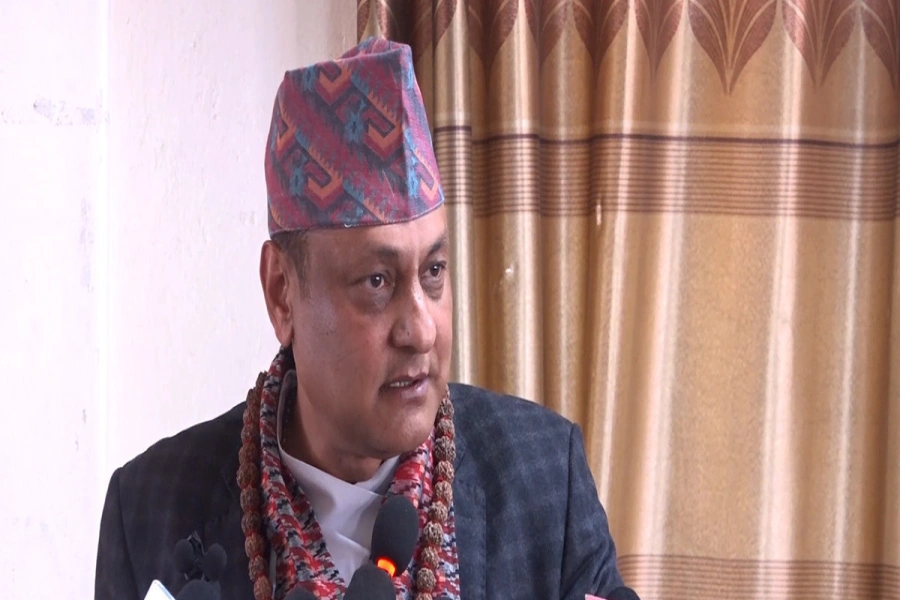The Nepal Rastra Bank (NRB) has unveiled a cautiously flexible Monetary Policy for the Fiscal Year (FY) 2024/25, aiming to facilitate cash flow in sectors like construction and share transactions. This policy, introduced by NRB Governor Maha Prasad Adhikari, seeks to make the economy more dynamic by ensuring stable prices and maintaining financial stability. While these measures are a positive step, they are not sufficient to revive Nepal's slowing economy. Governor Adhikari emphasized that the new regulatory framework focuses on lending to productive sectors and improving credit quality. In response to pressure from both government and private sectors, the central bank has introduced several key changes including the reduction of the upper limit of the interest rate corridor from seven percent to 6.5 percent, maintaining the lower limit at three percent and lowering the policy rate from 5.5 percent to five percent. These reductions aim to boost investment by increasing bank liquidity and lowering credit costs, but they could also lead to inflationary pressures.
'Enough is Enough' campaigners demonstrate in Pradarshani Marga...

One significant aspect of the policy is its support for the construction sector, which faced serious hardships last fiscal year. The NRB has extended the deadline for loan payments for construction entrepreneurs until November 2024 and has ensured that contractors will not be blacklisted for issuing bounced cheques until further notice. Additionally, the bank guarantee for contractors will automatically renew if government authorities extend the contract deadlines. These measures provide much-needed relief to the construction sector but may not be enough to stimulate broader economic growth. The central bank has also introduced measures to promote imports, which is a departure from its previous restrictive stance. The threshold for providing foreign exchange has been increased from $35,000 to $50,000 for settling import bills. This change is intended to ease the capital adequacy ratio (CAR) pressure on banks and financial institutions (BFIs). Other measures include reducing the upper limit of the Regulatory Retail Portfolio to Rs 25 million from Rs 20 million, lowering the loan loss provision on performing loans from 1.20 percent to 1.10 percent, and allowing certain amounts in regulatory reserves to count towards Tier 2 Capital.
However, the policy's sector-specific focus does not align with the overall objective to give dynamism to the economy. While the monetary policy supports the construction sector and share market, it neglects other vital sectors such as real estate, tourism and the automobile industry. The policy's emphasis on facilitating the opening of investment companies has also met with criticisms, as this is not typically the role of monetary policy. Moreover, the central bank's independence has come into question, with accusations that the government is intervening to appease specific business groups. Ideally, the monetary policy should complement the government budget, influencing money supply and private sector lending to support targeted economic growth while addressing inflation. Although the NRB's measures are a step in the right direction, they fall short of providing a comprehensive solution to the economic problems that ails the country. To truly revive the economy, broader, more inclusive policies are needed that address the needs of all sectors, not just a select few. Despite some positive changes, the policy is not enough to revitalize Nepal's struggling economy. All stakeholders concerned must acknowledge the fact that a more holistic approach-- one that fosters overall productivity and growth across all sectors-- is required to achieve sustainable economic recovery and growth in the country.




































